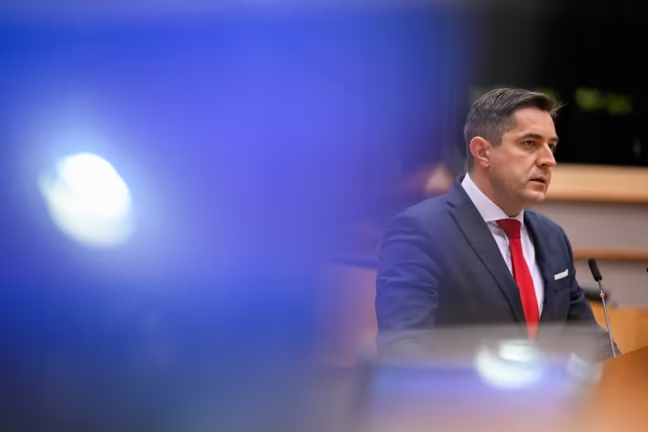The European Parliament has called on the European Commission to adopt a more ambitious gender equality strategy for 2026–2030, with concrete legislative and non-legislative measures on violence against women, healthcare, and work-life equality. MEPs approved the report with 310 votes in favour, 222 against, and 68 abstentions.
MEPs urged the Commission to recognise gender-based violence as a particularly serious EU crime with a cross-border dimension. They also want the Commission to issue guidelines to implement the recently adopted law on combating violence against women and domestic violence, and to classify femicide—the killing of a woman or girl because of her gender—as a distinct crime. The Parliament called on EU countries that have not ratified the Istanbul Convention to do so and pressed for a consent-based definition of rape to be enshrined in EU legislation.
Ensuring access to reproductive healthcare
On healthcare, MEPs stressed the need to close the gender health gap by addressing women-specific risks and providing universal access to gender-responsive care. They proposed a binding EU framework guaranteeing access to sexual and reproductive healthcare services and suggested including the right to safe and legal abortion care in the EU Charter of Fundamental Rights. They also called for universal access to mental healthcare responsive to gender-specific needs.
The report urged the Commission to promote women’s participation and retention in the labour market and to tackle employment, pay, and pension gaps. MEPs highlighted the need to implement EU directives on minimum wages, pay transparency, work-life balance, and representation of women on boards.
The Parliament also pressed for stronger mechanisms to counter democratic backsliding and attacks on women’s and LGBTIQ+ rights and called on the EU to integrate the women, peace, and security agenda into its foreign and security policy.
You might be interested
After the vote, rapporteur Marko Vešligaj (S&D/HRV) said: “With the adoption of this report, the European Parliament stands firmly beside all women and girls in Europe and conveys a clear message to the Commission: the new gender equality strategy must be based on practical legislative measures. No more hiding behind the argument of national competences, it is time to step up and ensure equality, safety and freedom for everyone in the EU.”











